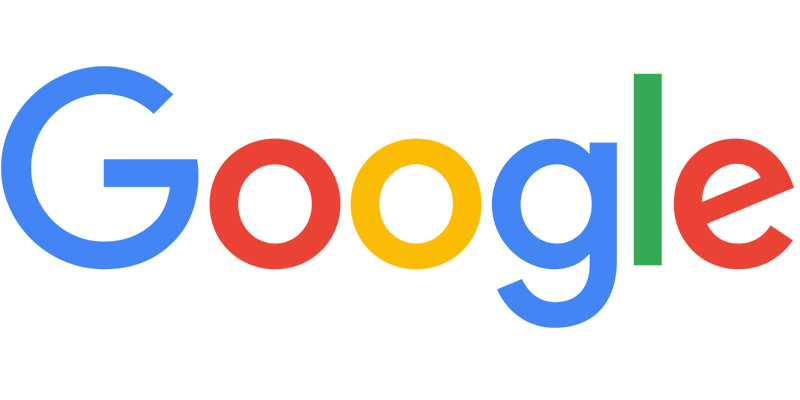Everyone uses Google – or at least knows what it is: an online search engine helping people find anything from directions to recipes. Recently, Google helped our reporter find much more than usual. Over the past two weeks Kathryn Cleary found 29 potential scam websites claiming to sell puppies. The majority of these sites appeared as Google Ads – either at the top or bottom of the first search result page. So, we spoke to Google. And no, they don’t know where the puppies are.
Google is smart, and the way GoogleAds works is even smarter. For the website publisher, a GoogleAds account can be created which allows the use of AdSense and AdWords. AdSense lets the publisher make money by allowing Google to run an Ad on their webpage. Each time someone clicks on the Ad, Google and the publisher make money.
AdWords allows a publisher to bid on words in order to maximise their result potential in a Google search. It’s like bidding at an auction. With AdWords, the publisher has a capped tab with Google, like giving a bartender R300. When the publisher spends the money on the tab, they lose their bid on the word – just as a customer can no longer purchase drinks.
Simple, right?
Our potential puppy selling perpetrators think so too. The majority of these websites have used AdWords to maximise their viewing on a results page after a Google search. As a scam artist trying to sell fake puppies, what seems better; AdSense or AdWords? Not knowing how many direct clicks your website might get, AdWords is the smartest choice. This way, when someone searches “dog” or “puppy”, your website appears as a top result.
Google South Africa’s Head of Communication and Public Affairs, Mich Atagana, told Grocott’s Mail, “We have strict policies that govern the kinds of ads we allow on our platform, and ads that mislead users are a violation of those policies. If we find ads that violate our policies, we remove them.”
Using links provided by Atagana our reporter found that one of the “prohibited practises” of Google Ads is “misrepresentation”. Google states: “We don’t want users to feel misled by ads, so we strive to ensure ads are clear and honest, and provide the information that users need to make informed decisions. We don’t allow ads or destinations that intend to deceive users by excluding relevant information or giving misleading information about products, services, or businesses.”
With the fake puppy sites, we are not alleging that the sites we investigated ‘mislead’ users. However, following investigation, it’s clear that no puppies exist on the sites we reported on. Google writes that “making offers that aren’t actually available” is considered “misrepresentation”.
Okay, Google, so is the promise of a puppy that doesn’t exist considered an “offer” that isn’t “actually available”?
Google also uses a selection of algorithms to monitor websites. Google writes that it “invests in quality algorithms and manual reviews to ensure that sites don’t rise in search results through deceptive or manipulative behaviour. This is especially important because many such spam sites can harm or mislead users.”
In other words, unless Google’s algorithms can find the fake puppies, these potential scam sites will continue to appear in a search. It is only if the website is reported to Google that a physical team will manage the issue.
* Information quoted in this article can be found on Google’s website.


